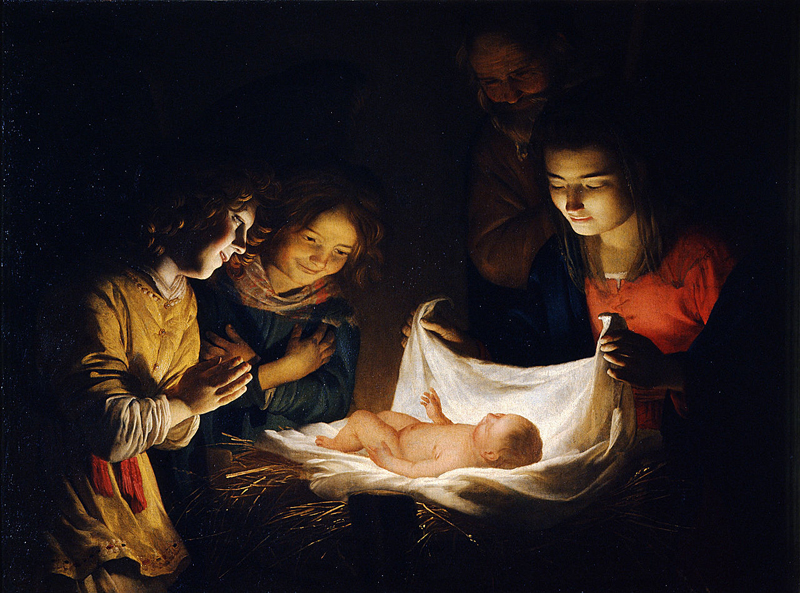For the past fifty years probably most of us have watched A Charlie Brown Christmas at least a few times. I’ve been watching it since childhood, and our family continues to watch it each year along with How the Grinch Stole Christmas and as many versions of the Christmas Carol we can get in. We’ve watched all three so far this Advent-Christmas season.
As you may remember, Charlie Brown is struggling to understand the true meaning of Christmas. One of the reasons he’s unhappy is that the season seems so commercialized. He’s just not feeling it.
Finally Charlie Brown decided to seek counseling from Lucy. After he paid his five cents, she suggested he needed a Christmas project, like directing the Christmas play. Of course, as often happens with Charlie Brown, this doesn’t go well.
His search for happiness is obstructed by Lucy’s desire for cash, Snoopy’s participation in a Christmas decorating contest that could win him lots of money, and Sally’s request that he write a letter to Santa detailing all the presents she wanted. All of this happens before he ever gets to the pageant. And that is a disaster. Finally, he and Linus go looking for a proper Christmas tree. When that goes badly, since he didn’t bring back a colorful aluminum tree, he cries out in despair: “Isn’t there anyone who knows what Christmas is all about?”
This is when Linus the Theologian takes center stage and recounts Luke’s version of the Christmas story. After he comes off the stage, Linus declares: “That’s what Christmas is all about Charlie Brown.”
We’ve come here tonight because we want to take hold of the true message of Christmas. Luke offers us the most recognizable version of the Christmas story. He tells us how a very pregnant Mary accompanies her husband Joseph on a journey to Bethlehem so they can be counted. When they arrive, they discover that all the hotel rooms have no vacancy signs. That leaves only a stable, which is where Mary gives birth to her firstborn child.
Instead of being born in a palace, surrounded by servants, which you would expect of the “son of the Most High” who will “reign over the house of Jacob forever,” Mary’s child lies in a manger, surrounded by shepherds (Lk. 1:32-33). These shepherds share with Mary the message given to them by the angels. Their message was that this was no ordinary child. When everyone heard the news that this child was the Messiah and Savior, everyone was amazed, and “Mary treasured all these words and pondered them in her heart.”
When I watch people of all ages approach a mother and her newborn child, offering words of encouragement and blessing, I imagine that this mother might feel a bit like Mary. She treasures the moment. Mary must have felt a bit overwhelmed by all the commotion, and yet she treasures everything going on around her.
What Mary brings to the story for us, I think, is the sense of wonder at the reality of the incarnation. God is in Christ drawing us into the new creation. This is the one through whom God promises to bring peace and good will. As Isaiah declares: “For unto us a child is born . . . [the] Prince of Peace. His authority shall grow continually, and there will be endless peace” (Is. 9:6-7).
I would like to invite you to join me in seeing and hearing all of this through Mary’s eyes and ears. Remember that when Charlie Brown asked for someone to explain what Christmas is all about, Linus turned to the Gospel of Luke, who tells us that Mary treasured all of these events in her heart. Might we join Mary and treasure this Christmas story in our hearts as we celebrate Christmas.
In a few moments, we will gather at the table and receive signs of Jesus’ presence. In these signs we’re reminded that God is with us. It is in this presence that we find peace, even if we are experiencing chaos in our lives. Indeed, it is good to remember that a stable, with a group of shepherds watching over the place, doesn’t present a very tidy and peaceful space, and yet I believe Mary found peace in this moment. May we slow down for a moment and take in the blessings that come to us in the message of a child born in Bethlehem? This is why tonight is the holiest night of the year!
Yes, this is what Christmas is all about!

Comments